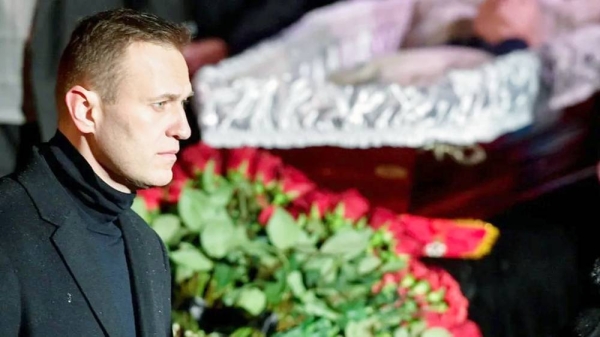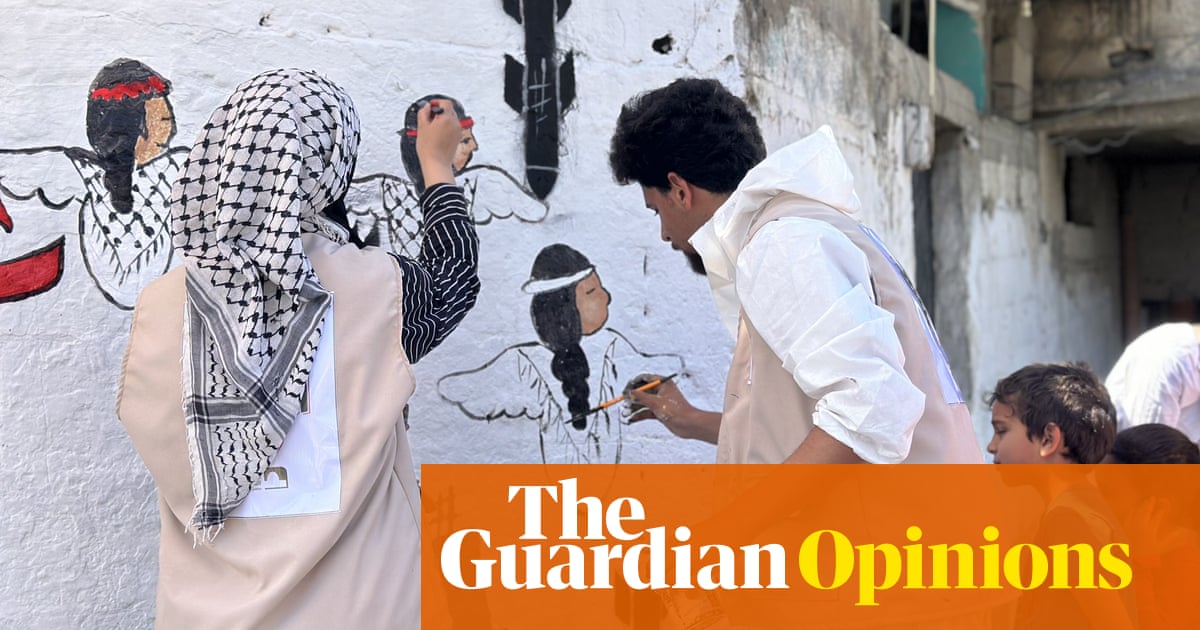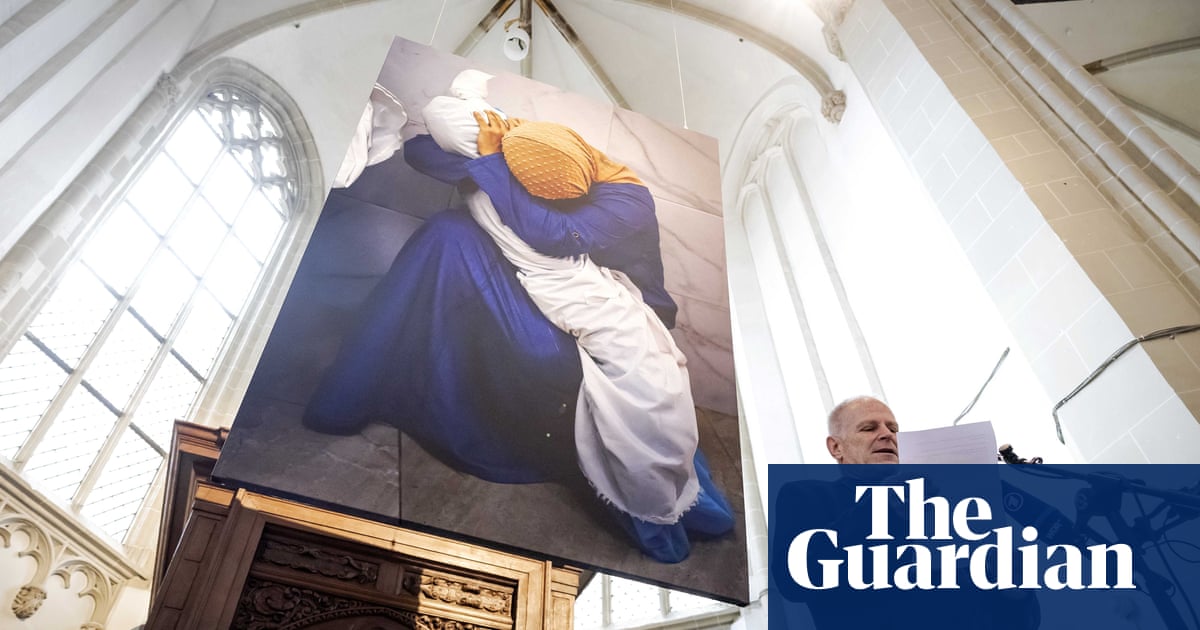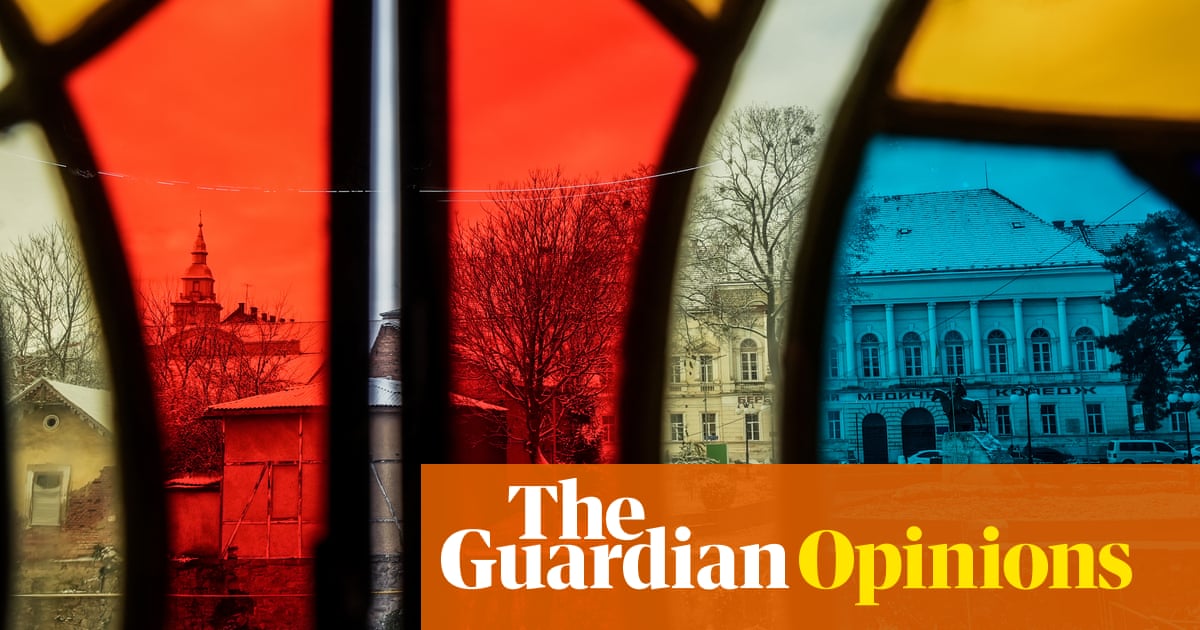
Blink, and you might have missed it.
In its 45-minute Friday night news bulletin, Russian TV devoted 28 seconds to the news about Alexei Navalny.
His death was announced almost in passing.
Just 28 seconds for the man who"d become Russia"s most prominent opposition figure and the country"s most famous prisoner.
Alexei Navalny had, in fact, been many things: lawyer, blogger, anti-corruption campaigner, political activist — and always a thorn in the side of the Kremlin.
Not all Russians had supported him. But, for a decade he was the only opposition figure in Russia capable of bringing large numbers of protesters on to the streets — across the country — to rail against the government, slam corruption and demand free and fair elections.
Which is why the Kremlin saw him as a threat.
Navalny had charisma and strength of character, as well as a sense of humor and the ability to inspire — rare for a Russian politician.
He also understood the power of the Internet for getting across his message. He and his team produced and uploaded highly-polished documentaries that shone a light on alleged corruption at the highest levels of power in Russia.
"What we"re seeing now," he told me in 2017, "is that the Internet is the No. 1 concern for the current regime — and its No. 1 enemy, too."
At the time the authorities had clearly wanted to avoid turning Navalny into a political martyr. He had run-ins with the police, but initially the punishments were smaller scale.
In March 2017, I remember being crammed into a Moscow courtroom where he was being prosecuted for resisting arrest at a street protest.
"Millions of people back the battle against corruption," he told me from the dock. "That shows the Kremlin is categorically wrong to claim it enjoys enormous support."
He was found guilty and sentenced to 15 days behind bars.
Compare that to the 19-year prison sentence he received last year on extremism charges, widely viewed to have been politically motivated.
There were physical attacks, too.
In 2017 his eyesight was damaged when he was splashed with a green antiseptic dye. Three years later in Siberia he was poisoned with a nerve agent and airlifted to Germany for life-saving treatment. He survived and accused the Kremlin of trying to murder him.
And yet the following year — despite concerns for his safety — he returned to Russia.
Perhaps the "inner politician" was telling him that to effect political change at home he had to be in Russia. But almost immediately he ended up in prison.
Now Alexei Navalny is dead. The Russian authorities claim that he lost consciousness after a walk inside a penal colony and that medical teams tried, but failed, to resuscitate him. His supporters are convinced it was a political assassination.
These were already dark times for the Russian opposition. The country"s main opposition leaders are either in exile or in prison. With Navalny"s death, dark times have just got even darker. It"s likely to demoralize the Kremlin"s opponents even more.
Western leaders are insisting that President Vladimir Putin be held accountable and demanding serious consequences for the Kremlin.
Right now, it"s hard to see what those could be. More sanctions? After its full-scale invasion of Ukraine, Russia is already the most sanctioned country in the world, and the International Criminal Court has already issued an arrest warrant for President Putin in relation to the war.
But for Alexei Navalny"s supporters, pondering the political consequences of his death is not their priority right now. They"re in mourning.
By Moscow"s "Wall of Grief" — a memorial to the victims of Stalin-era political repression — I watch Russians laying roses and carnations, and lighting candles in memory of the opposition leader. Police are out in force, hurrying people along.
In a country where dissent has pretty much been silenced, for many here just laying flowers is an act of courage.
There is a palpable sense of disbelief.
"I saw the news on my phone," Mikhail tells me. "My first reaction was, "It"s just a joke. It can"t be real." But then the news came more and more and more. And I was crying for one hour."
"I was with my friends [when I found out]," says Alina. "I was broken. I really thought that it couldn"t happen. Never."
"We never thought it could happen": it"s a phrase I have heard so often from Russians in recent times.
Later the riot police try to clear the square in front of the memorial. "Move along. No-one is allowed to gather here," says an officer.
"We have the right to be here," shouts a woman. "We want to stand here and we will. This street isn"t yours. It belongs to everyone."
The police don"t think so. They start pushing people away and making arrests. There are cries of "Disgrace! Shame!" from people on the square.
But I"ll tell you what struck me most when I talked to people who"d come to lay flowers. Some of them told me that, despite a sense of shock, they still hoped for a better future, a different Russia.
And they were clinging on to that hope — like a single shaft of light in the darkness. — BBC












